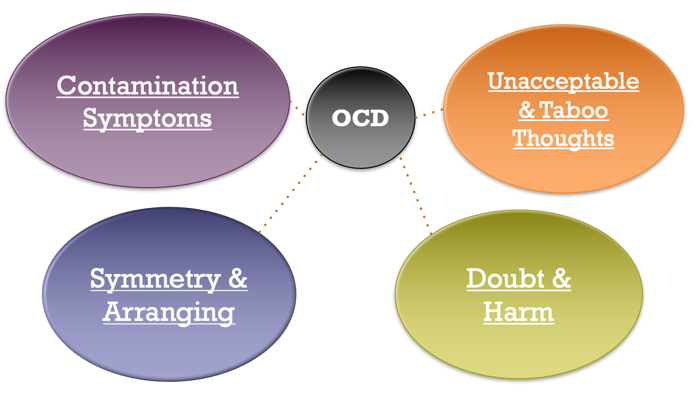Obsessive-compulsive disorder (OCD) is often misunderstood. Images of people washing their hands excessively or lining things up perfectly might come to mind. While these can be compulsions associated with OCD, the reality is more nuanced. Let’s delve into the world of OCD and shed light on the crucial difference between habits and obsessions.
Habits vs. Obsessions: What’s the Difference?
- Habits: These are routine behaviors we perform without much thought. They can be helpful (brushing your teeth) or neutral (tapping your foot). Habits are generally under our control and don’t cause significant distress.
- Obsessions: In OCD, obsessions are intrusive and unwanted thoughts, images, or urges that trigger anxiety and discomfort. The person feels a strong need to neutralize these obsessions through compulsions.

Here’s a table to illustrate the key differences:
Feature | Habits | Obsessions |
Control | Mostly under conscious control | Intrusive and difficult to control |
Distress | Low or no distress | Causes significant anxiety and distress |
Motivation | Can be helpful, neutral, or even harmful | Driven by a need to reduce anxiety |
Frequency | Can be done daily or less frequently | Often recurrent and persistent |

What Drives OCD Compulsions?
People with OCD engage in compulsions to alleviate anxiety triggered by obsessions. These include excessive cleaning, checking, counting, arranging items, and mental rituals.
Key Takeaways:
- Misconceptions: OCD is not solely about cleanliness; it’s driven by anxiety and can significantly impact daily life.
- Treatment: OCD is treatable, with therapies like Cognitive Behavioral Therapy (CBT) offering effective management.
- Seek Help: If you suspect OCD, seek professional assistance for diagnosis and treatment. You’re not alone; support is available.
Conclusion
If you suspect you or someone you know has OCD, seek professional help. A mental health professional can provide a diagnosis and develop a treatment plan to manage the condition and improve quality of life.
Remember, you are not alone. OCD is a common mental health condition, and there is help available.



